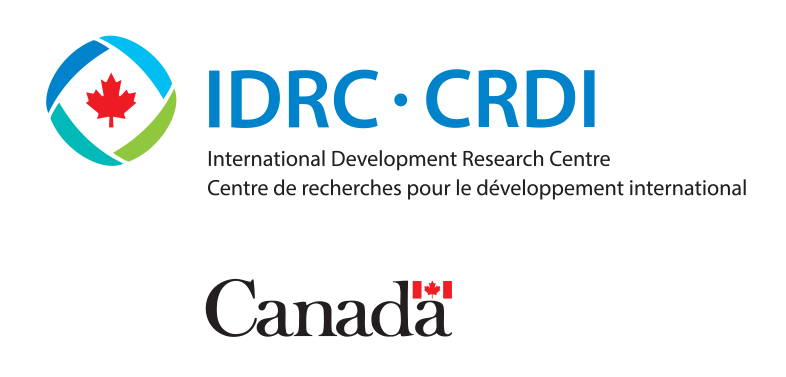COP 15 Side Event | Briefing on Inclusive Wealth Report 2022 launch at COP 15
There is a growing realization it is inadequate to primarily gauge progress and sustainability through conventional economic measures, such as Gross Domestic Product (GDP). These measures fail to capture the value of nature or the long-term sustainability of human activity.
The UN Secretary-General has clearly urged the need to move beyond GDP in the Our Common Agenda report. At their 2018 meeting in Canada, G7 heads also recognized GDP is “insufficient for measuring success.” More recently, the US announced plans for natural wealth accounting.
Among the complementary measures to assess and measure progress is “Inclusive Wealth.” Inclusive Wealth measures the assets that underpin human well-being: natural, human, social, produced, and financial capital. Measuring Inclusive Wealth is key to spurring sustainable investments across policy areas. As the landmark 2021 review of The Economics of Biodiversity by Sir Partha Dasgupta noted, judging “whether the path of economic development…is sustainable” requires nations to adopt “inclusive measure[s] of their wealth.”
The Inclusive Wealth Index is the United Nations Environment Programme's (UNEP) flagship response to the Beyond GDP movement. The forthcoming 2022 edition of the Inclusive Wealth Report undertakes a comprehensive global assessment of the Inclusive Wealth of 163 countries between 1992–2019 and includes discussions about the Inclusive Wealth Index and its linkages to the SDGs and the Beyond GDP movement, as well as natural capital and inequality nexus.
The Inclusive Wealth Report of UNEP suggests:
- There is a political and public mandate to ‘build back better’ after the pandemic
- Inclusive Wealth shows the means, or capacity of nations to deliver those outcomes
- Achieving the 2030 Agenda requires a statistical infrastructure capable of measuring both the means (Inclusive Wealth) and the outcomes (SDG Indicators).
Event Run of Show
Opening and Welcome: Catherine Stewart, Ambassador for Climate Change, Canada
Video Remarks: Sir Partha Dasgupta, Leader, Economics of Biodiversity, UK, and Professor Emeritus, Cambridge University, UK
Findings and recommendations of the Inclusive Wealth Report: Inger Andersen, Executive Director, United Nations Environment Programme (UNEP), and Pushpam Kumar, Economic Advisor, UNEP
Panel discussion (40 min): Moderated by Dominique Charron, VP, IDRC
- Eyasu Elias, Hon. Minister for Natural Resources and Development, Ethiopia
- Eli Fenichel, Assistant Director, The Office of Science and Technology Policy, White House, US
- Valerie Hickey, Global Director for Environment, Natural Resources and Blue Economy, World Bank
- Sonja Teelucksingh, Advisor to the CEO, Global Environmental Facility
Link to livestream: https://bit.ly/COP15_IWR

